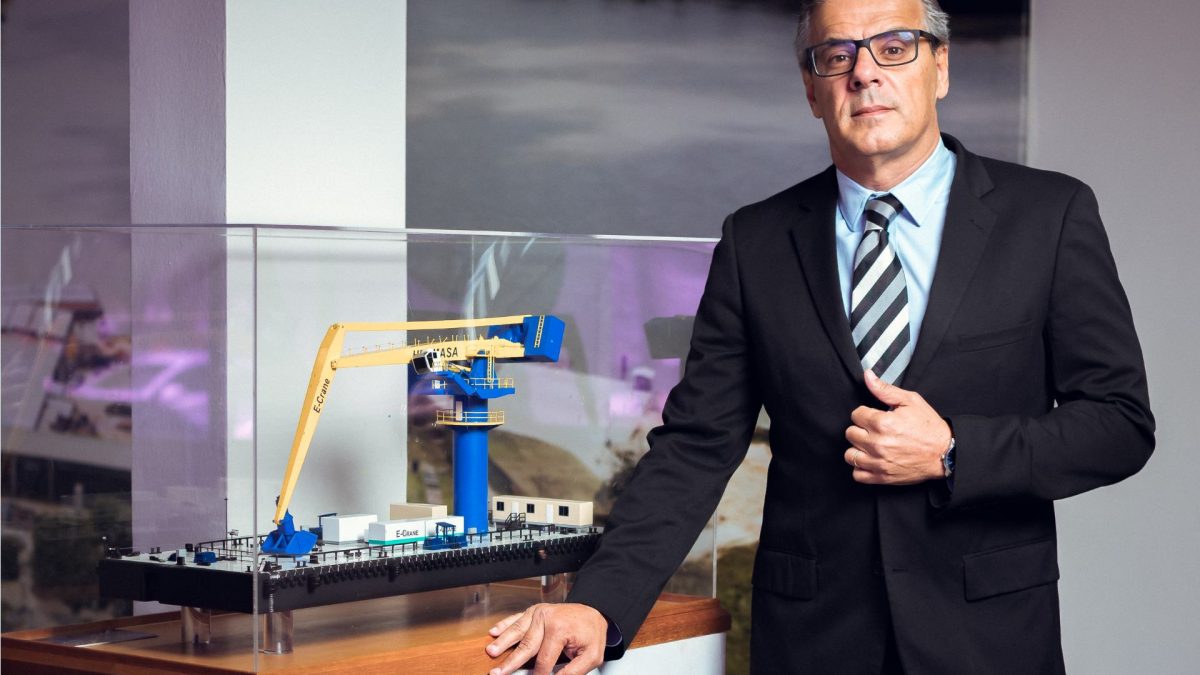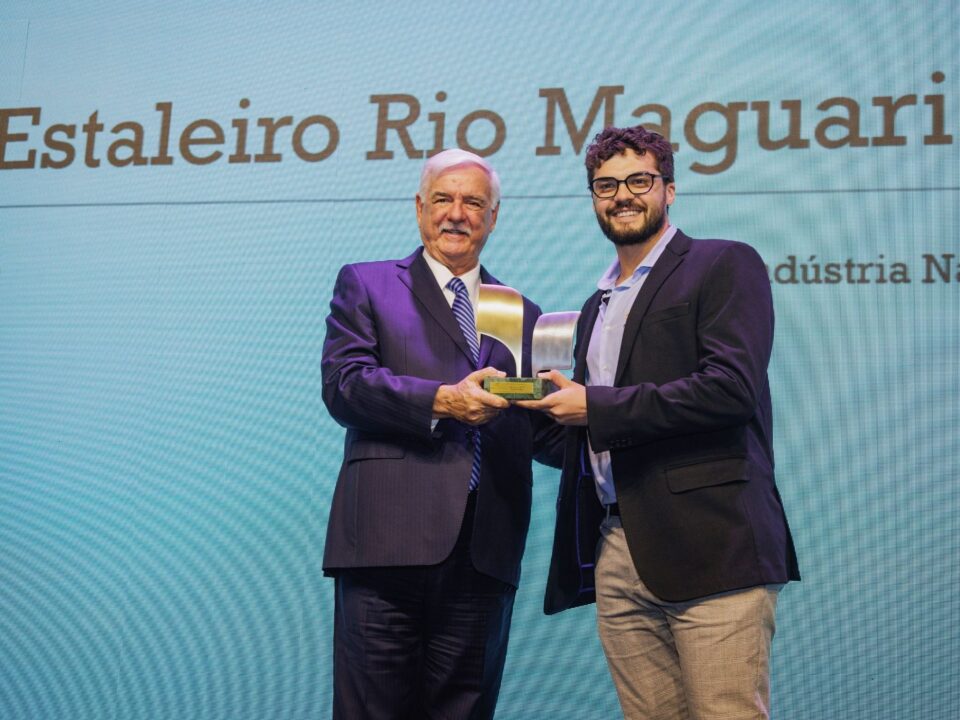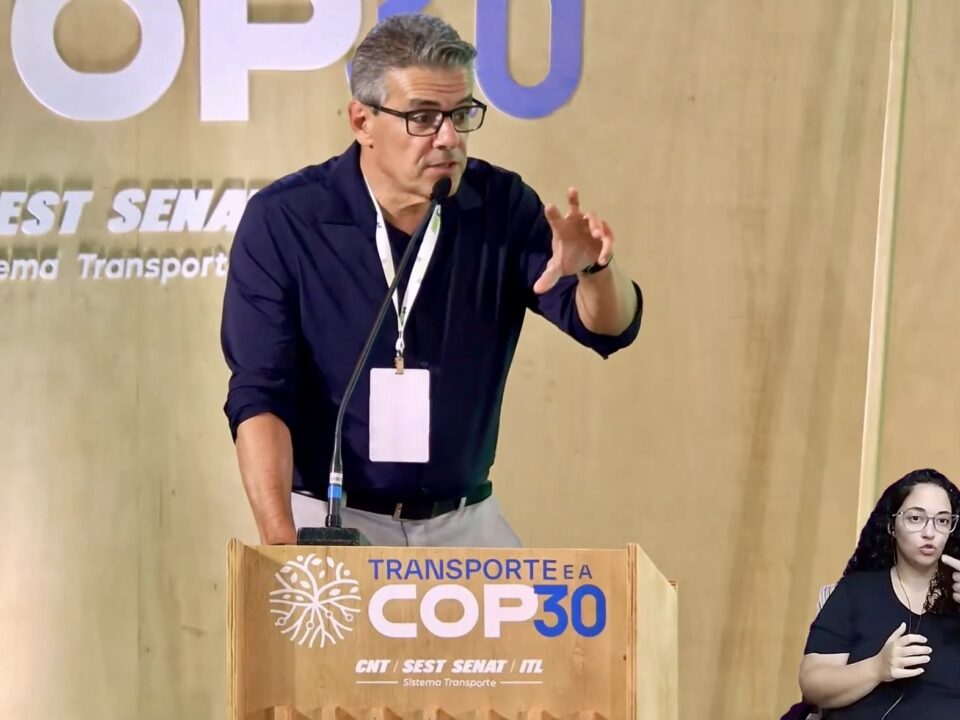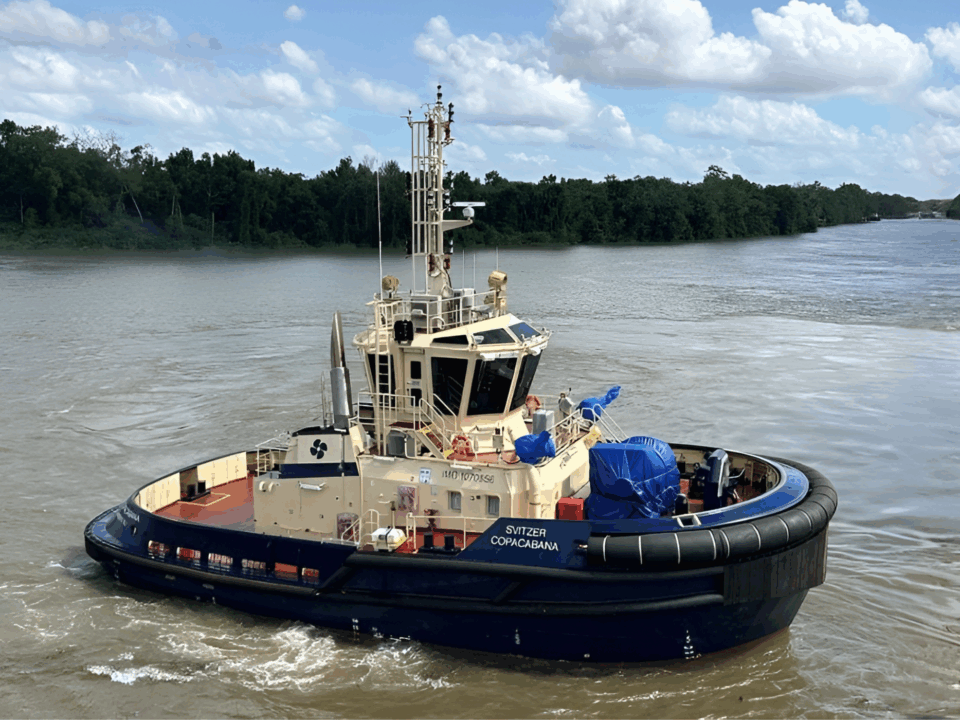
Estaleiro Rio Maguari participates in Navalshore 2024
24 de August de 2024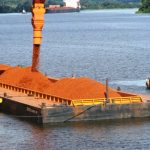
Estaleiro Rio Maguari to supply inland navigation vessels to LHG Logística
8 de September de 2024Fabio Vasconcellos, commercial director of ERM, gave an interview to *Portos e Navios* magazine about the challenges of the shipbuilding industry.
Check out an excerpt from the article:
“Estaleiro Rio Maguari (PA) considers itself capable of constructing primarily river and ocean barges, push boats, and port and ocean tugboats. In 2023 and 2024, ERM delivered about 100 river and ocean barges, including bulk carriers and fuel barges, seven tugboats, and two river push boats, as well as floating terminals. ‘Our main projects focus on the construction of bulk and ore barges, as well as port tugboats, river, and ocean push boats,’ lists the commercial director, Fabio Vasconcellos.
Vasconcellos says that ERM has been continuously investing in workforce training and improving production infrastructure, aiming for continuous productivity increases. He considers the workforce issue critical, not just in shipbuilding, but in various industrial and service sectors. According to Vasconcellos, more specifically for crew staffing of river convoys, port and maritime support, a broad national mobilization is necessary to train these professionals, involving the Brazilian Navy and partnerships with universities and maritime officer and seafarer training centers.
ERM’s commercial director sees great potential in all forms of navigation, starting with cabotage with new Petrobras system projects and private companies, inland navigation, especially in the northern region with the growth of grain exports through the Northern Arc ports, maritime support with the development of the Equatorial Margin, and port support, with the sector’s rapid growth in recent years.
According to the shipyard, the main short-term challenge is tax reform. For Vasconcellos, the bill passed by the Chamber of Deputies is ‘devastating’ for the shipbuilding and national navigation industries, completely derailing ongoing projects, including those from Petrobras and Transpetro, as the burden on the sector and the opening to imports will completely destroy the national shipbuilding industry.
Vasconcellos emphasizes that, in addition to large shipyards awaiting orders from the Petrobras system, Brazil has an industrial network with medium-sized shipyards located in at least nine states: Amazonas, Pará, Maranhão, Ceará, Bahia, Rio de Janeiro, São Paulo, Santa Catarina, and Rio Grande do Sul. He highlights that this group builds river vessels, tugboats, and maritime support vessels and generates thousands of direct and indirect jobs, which will be directly affected by the tax reform if it is approved as it passed through the Chamber.
‘A mobilization with the Senate and the government is necessary to raise awareness of how much the sector will be impacted so that the necessary changes can be made to prevent the shipbuilding and national navigation sectors from being scrapped,’ advocates Vasconcellos, who is also vice-president of the National Shipbuilding and Offshore Construction and Repair Industry Union (Sinaval).
Vasconcellos adds that there are infrastructure challenges with key projects that directly impact ship construction. Among them, the ERM director cites the approval for oil exploration in the Equatorial Margin, including in the Pará and Amapá regions, as well as the removal of Lourenço’s rocky outcrop in southern Pará, and the implementation of the Ferrogrão railway, which has been delayed for many years.
ERM’s commercial director also considers decarbonization a process already underway. He notes that current projects already foresee the development of propulsion systems using alternative, less polluting fuels. ‘I think that, in the very near future, there will be an increase in the installation of this equipment in Brazil, replicating what is already being implemented in other countries,’ projects Vasconcellos.”

